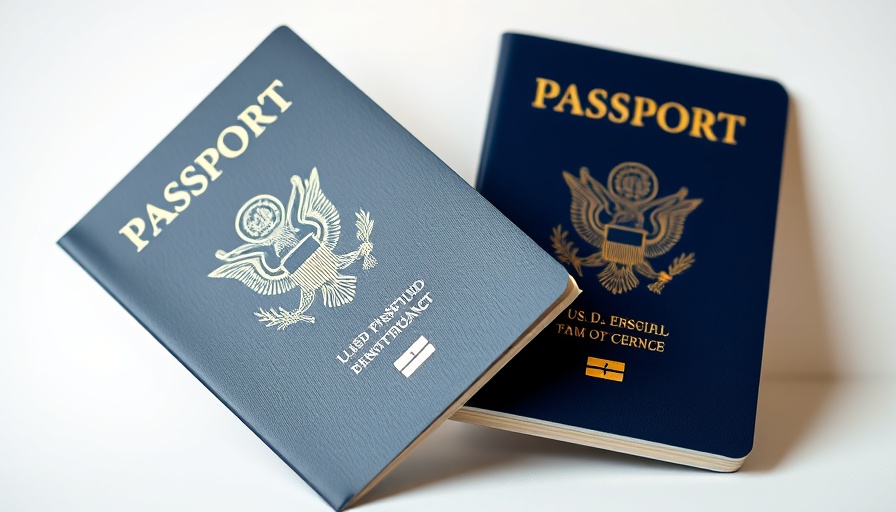
Federal Judge Expands Gender Marker Options for Passports
In a landmark ruling that underscores the ongoing battle for transgender rights in the United States, U.S. District Judge Julia Kobick has declared that the federal government cannot restrict passport sex markers for transgender and nonbinary individuals. This decision, announced on June 17, has effectively allowed applicants to select their gender identity as male, female, or “X” when applying for a U.S. passport, moving beyond a binary framework.
Understanding the Ruling's Context
The ruling came as a blow to policies enacted under the Trump administration, which employed a narrow definition of gender—limiting individuals to the sex assigned at birth. Judge Kobick highlighted that the executive order governing passports was inconsistent with constitutional rights to equal protection. She had previously issued a preliminary injunction that only applied to six individuals; however, on Tuesday it extended to all individuals without a valid passport or those in need of renewal, emphasizing that approximately 3 million Americans identify as transgender or nonbinary.
Real Experiences Highlight the Impact of the Ruling
The American Civil Liberties Union (ACLU) has played a pivotal role in challenging discriminatory practices against the transgender community. Their lawsuit presented various instances, including that of a woman whose passport was issued with a male designation despite her transition. Such experiences reveal the broader implications of restrictive gender policies. Transgender and nonbinary people often face significant anxiety regarding their identities being misrepresented in vital documents, fearing repercussions during travel or impactful life events.
Future Implications for Passport Policies
This ruling opens a pathway for ongoing dialogues surrounding gender identity recognition in various facets of society, particularly within legal and bureaucratic frameworks. As more individuals seek to express their true selves through identification documents, government policies will need to evolve. The transgender community's push for recognition translates to broader social implications, encouraging a nationwide conversation about gender identity.
Community Reactions and Next Steps
The reaction from advocacy groups has been overwhelmingly positive. Many see this decision as a critical advancement towards equality, while opponents argue over the potential challenges it poses to federal structures. Moving forward, it will be crucial for the government to implement this ruling effectively and ensure that all citizens can navigate the passport application process without fear of discrimination.
As this situation continues to unfold, the government must be cautious to protect the rights of all individuals while maintaining a functional system for international travel. Ensuring equitable treatment for transgender and nonbinary individuals reflects a progressive step for societal acceptance in the U.S.
 Add Row
Add Row  Add
Add 




Write A Comment